Netflix’s new superhero series The Guardians of Justice falls squarely in the “what the f*ck were Netflix thinking when they bought this?” category. Right up there with Pasal Kau (All Because of You), Sa Balik Baju, and Frontliner. If you’re seeing a pattern here, don’t fall for it, because The Guardians of Justice is not a Malaysian production. So you can’t even blame “increasing the Malaysian library and content” as an excuse for this thing being on our screens.
What the Fuck Is The Guardians of Justice?
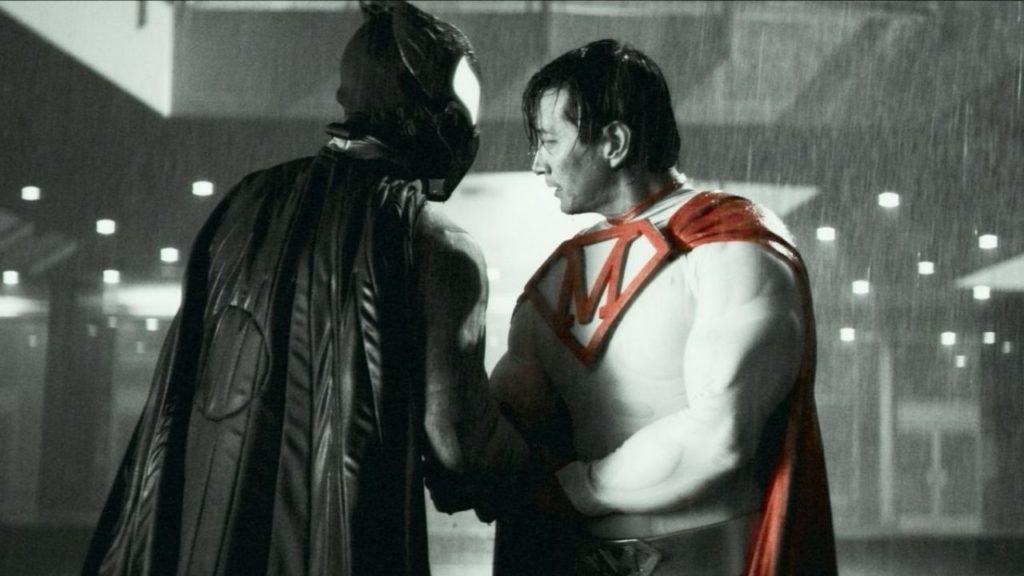
The Guardians of Justice is a cartoon in the worst sense of the word. It is partially animated, but that’s not what I’m referring to. The series sets itself up as a send up of the tights and leotards big budget superhero movies that we’ve all come to love (it’s okay, you can admit it) but it isn’t quite sure if it loves the genre or hates it. It is exaggerated, silly, manic, and over the top. It is trying so hard – far too hard even – to “have fun” with the superhero genre.
I will say right here that I do not enjoy B-grade movies. I can’t appreciate the charm of Sharknado, or Piranha (or Piranha 3DD), The Room, or Jesus Christ Vampire Hunter (it’s a real movie). I understand their appeal, I just can’t appreciate it.
The Guardians of Justice however doesn’t quite seem to have that charm. I don’t know if it’s because the show is trying too hard or not trying hard enough, but this half hour, seven episode series is a really strange pickup for a big international streamer like Netflix. It really is more of the kind of thing you might find on Tonton.
Why is The Guardians of Justice?
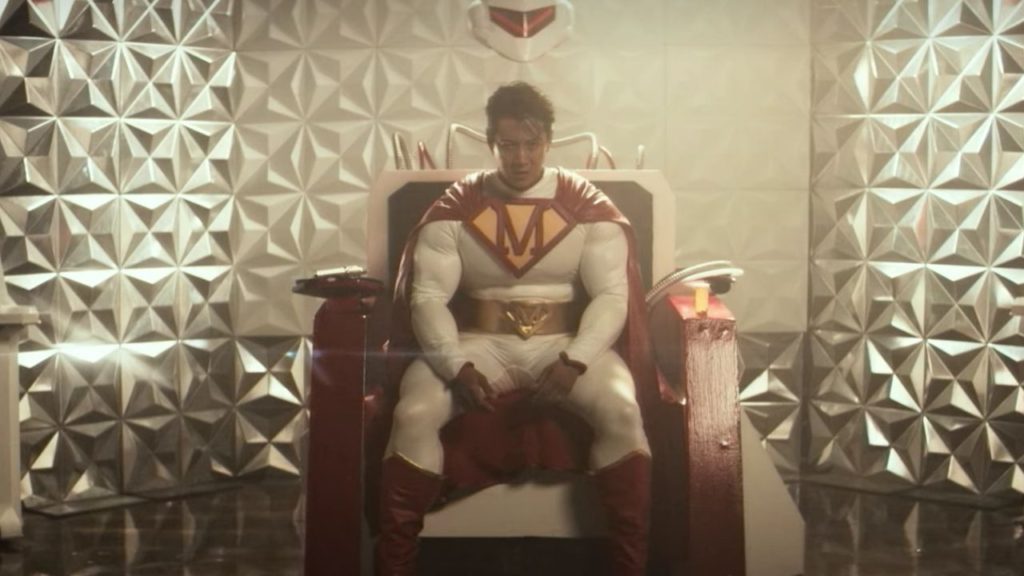
Series creator, Adi Shankar, isn’t new to the business. His filmography is wide and varied, from executive producing Liam Neeson action thrillers The Grey and A Walk Among the Tombstones, 2012’s Dredd with Karl Urban, to being the showrunner for Castlevania and the upcoming Devil May Cry – both Netflix projects. But The Guardians of Justice is also very much on brand for the producer, as part of his Bootleg Universe, a series of unauthorised pop culture satire films with titles like The Punisher: Dirty Laundry and Venom: Truth in Journalism.
A big part of the charm of a B-grade movie is its innocence. The Room, an objectively terrible film, is charming for Tommy Wiseau’s sheer naiveté in making it. The Room’s melodramatic love triangle, inconsistent narrative structure, and absolutely horrible dialogue is outweighed by the innocence of Wiseau’s diehard attempt at making the movie. The Guardians of Justice has none of that naïveté or innocence to it.
The animation isn’t half bad, and its cast of almost famous actors (Denise Richards, Diamond Dallas Page, Will Yun Lee, Jane Seymour, R.J. Mitte) are recognizable enough for you to want to click play. It also shows that there was some money that went into the making of this. The series, however, feels like it’s trying to be B-grade. Shankar wanted it to be “so bad it’s good” in order to gain a cult following. This is manufactured terribleness as opposed to accidental terribleness. He somehow forgot that it’s in that naïveté and innocence in filmmaking where true great B-grade magic happens.
No, But Seriously, Why Is This on Netflix?
I really hope Netflix didn’t spend too much buying this because it really isn’t a great look for the streamer. At a time when Amazon Prime is spending billions bringing The Rings of Power to the screen and with Apple TV Plus knocking it out of the park with every new release, Netflix releasing The Guardians of Justice really is an indication of the kind of noise and random content they acquire just for the sake of it. I mean, the official Netflix press site doesn’t even have it listed! That in itself is a fairly damning indication of Netflix’s own belief in the title.

Maybe part of the deal Adi Shankar struck with Netflix for Castlevania and Devil May Cry is that they have to carry his garbage programming too? Maybe they gave Adi Shankar a taco and some gift cards because if they are looking to just pad up their library, I’ve got some feature films I can sell to them for a song.

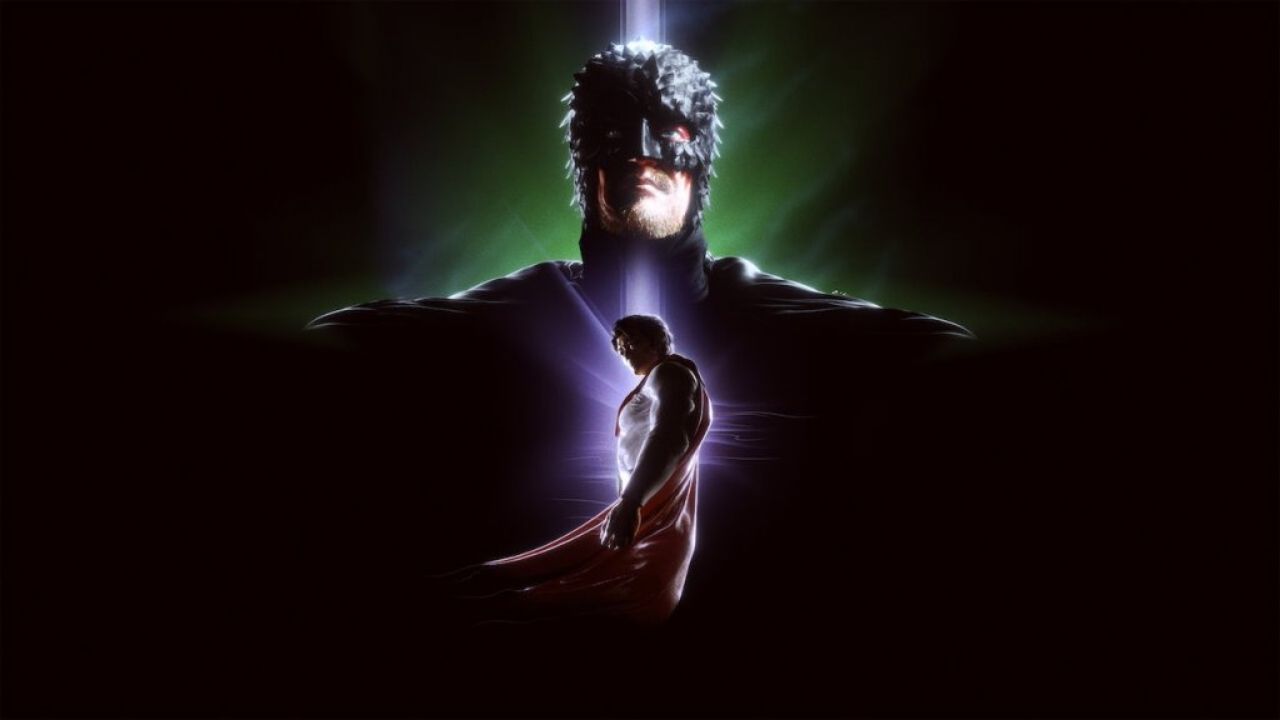
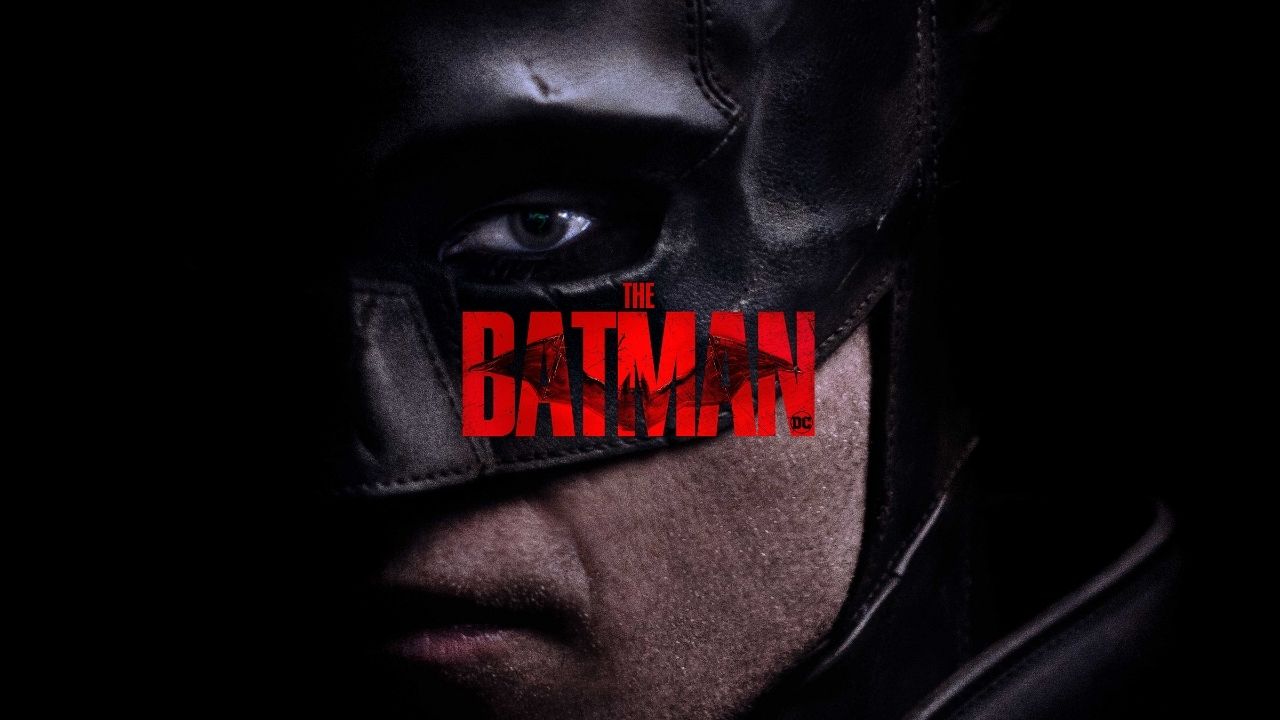
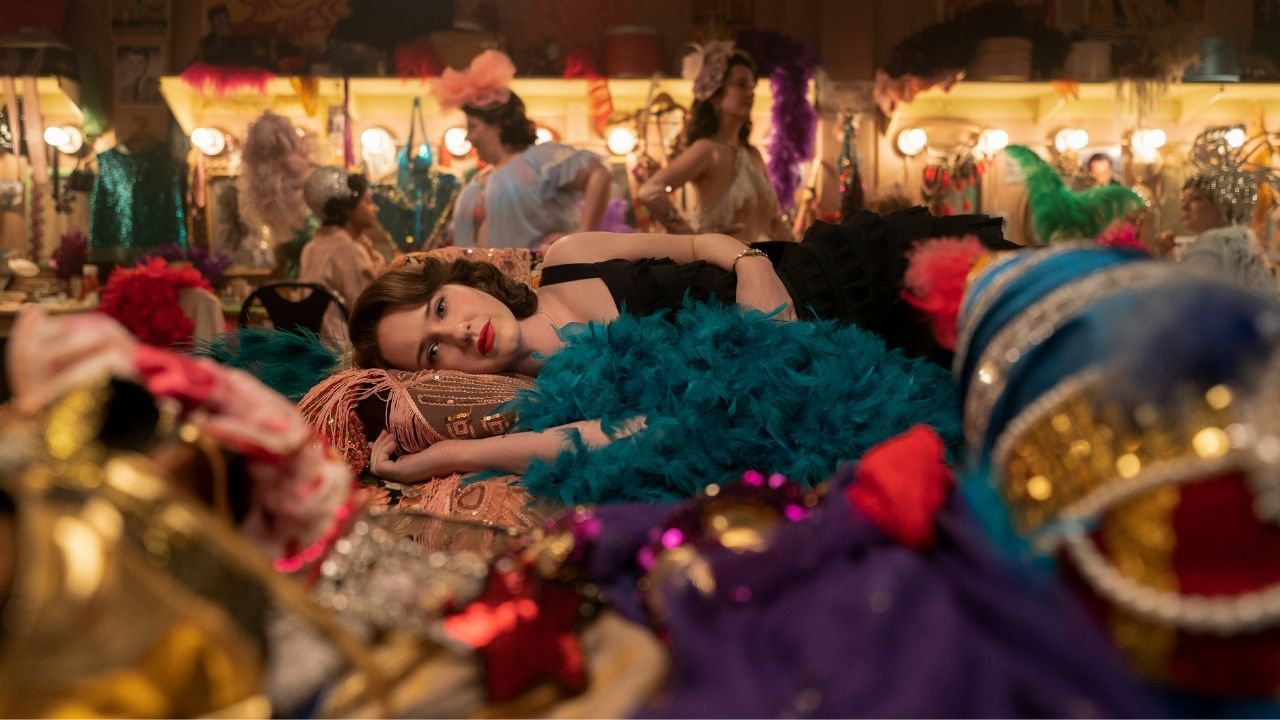
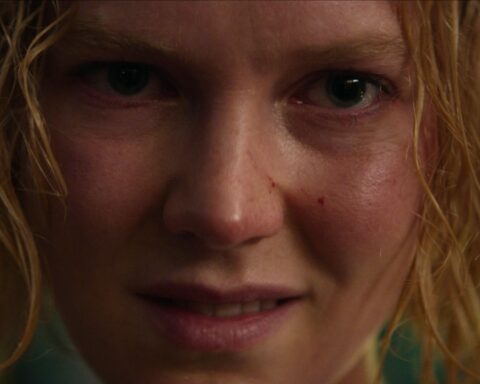

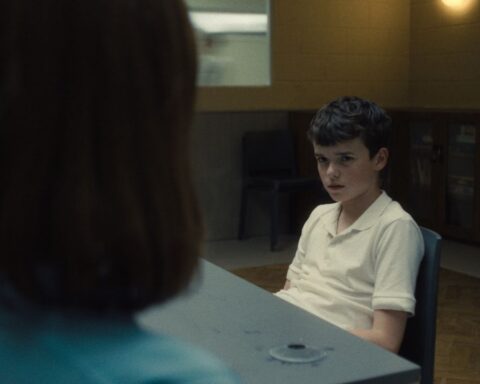
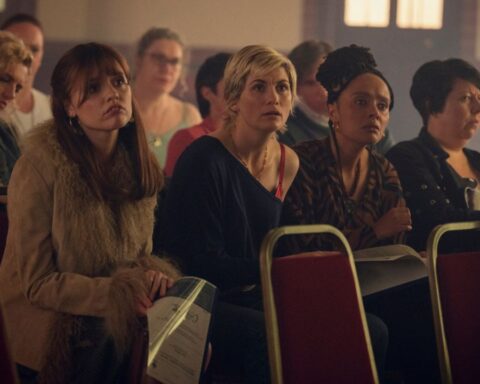
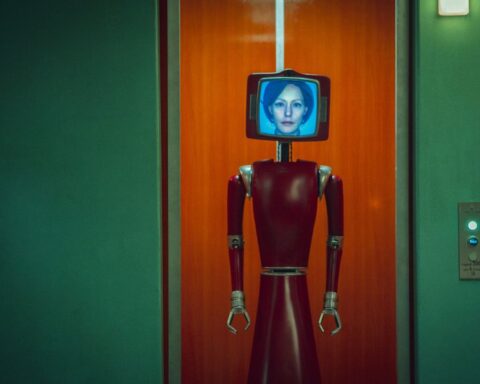
Follow Us